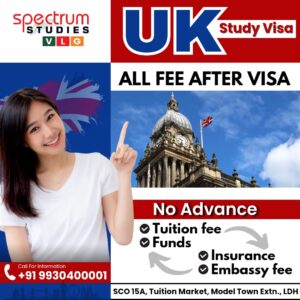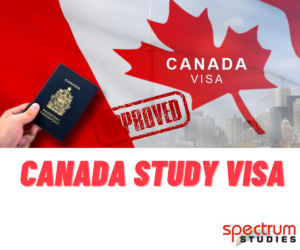New Updates for Australia Student Visa 2025: What You Need to Know
Australia continues to be one of the most popular study destinations for international students. With a world-class education system, vibrant culture, and diverse communities, it’s no surprise that many students aim to pursue their higher education in this beautiful country. However, the Australia student visa has seen several important updates in 2025 that students should be aware of.
Key Changes to the Australia Student Visa (subclass 500) in 2025
Here are the most significant updates to the Australian student visa that will affect your application process, eligibility, and overall experience:
1. Introduction of New Visa Categories for Different Study Levels
The Australian government has introduced streamlined visa options based on the level of education students plan to pursue. These include separate visa categories for:
- Vocational Education and Training (VET) students
- Higher Education students (Bachelor’s, Master’s, PhD)
- English language intensive courses students
This distinction will simplify the application process and may provide specific benefits depending on the student’s course of study.
2. Enhanced Post-Graduation Work Rights
One of the most anticipated updates is the expansion of post-graduation work rights for international students. Starting in 2025, international students who complete a degree or higher qualification at an Australian educational institution may be eligible for longer post-study work visas. The new regulations extend the Post-Study Work Visa to a maximum of 6 years for high-demand STEM (Science, Technology, Engineering, and Mathematics) graduates.
This change provides more opportunities for international students to stay, gain work experience, and contribute to Australia’s economy after completing their studies.
3. Simplified Visa Application Process
In response to growing demand for education in Australia, the visa application process has been streamlined. The Australian Department of Home Affairs has introduced an online portal where students can track their applications, upload necessary documents, and receive notifications regarding their visa status in real-time.
Additionally, a faster processing time has been introduced for eligible applicants. This will significantly reduce waiting times for visas, allowing students to focus on preparing for their studies rather than worrying about administrative delays.
4. Changes in Financial Requirements
Australia has updated the financial proof requirements for international student visa applications. Applicants will need to demonstrate sufficient funds to cover:
- Tuition fees
- Living expenses (increased to AU$21,041 per year for the primary student)
- Travel costs and other incidentals
The revised financial guidelines aim to ensure that students have the necessary financial stability to live and study in Australia without putting too much strain on the country’s welfare systems.
5. Increased Focus on Health Insurance
The Australian Government now requires Overseas Student Health Cover (OSHC) for the entire duration of a student’s visa. This change ensures that international students have adequate health insurance coverage while studying in Australia, providing peace of mind in case of medical emergencies.
OSHC providers have also expanded coverage options for mental health, which has been a priority in the wake of global challenges to student well-being.
6. More Flexible English Language Proficiency Options
Australia’s immigration authorities have made it easier for international students to demonstrate their English language proficiency. In 2025, students may now submit scores from a wider range of recognized tests, including TOEFL, IELTS, PTE, and others, with more lenient score requirements for applicants coming from English-speaking countries.
7. Digital Student Visa and Enhanced Biometric Scanning
In line with global trends in digital immigration management, Australia is moving toward a paperless visa system. By the end of 2025, all student visa holders will be issued a digital visa that can be accessed through a smartphone app. This app will allow students to check their visa status, track important dates, and even complete biometric checks remotely.
How These Updates Will Affect International Students
These changes are designed to make the student visa process more efficient and transparent for international students. By addressing key areas such as work rights, visa processing, financial requirements, and health insurance, the Australian government is making strides to remain an attractive destination for global talent.
Tips for Applicants in 2025
- Apply Early: While processing times have improved, it’s always best to apply as early as possible to avoid last-minute delays.
- Prepare Financial Documentation: Ensure that you meet the updated financial requirements and have the necessary documents ready.
- Stay Informed: Keep up to date with any further changes by visiting the official website of the Department of Home Affairs or seeking advice from certified migration agents.
Conclusion
Australia’s student visa system has undergone significant changes in 2025, offering more opportunities for international students to study, work, and live in the country. By staying informed about the new visa categories, work rights, and financial requirements, students can ensure that their application process is as smooth as possible.
For the latest news and updates on the Australian student visa, stay connected to trusted sources and official government websites.






 0
0
